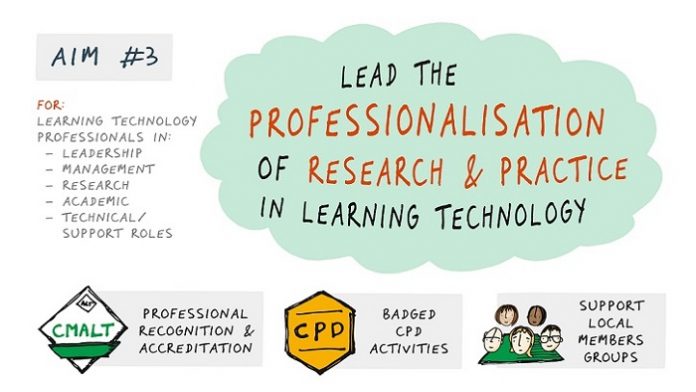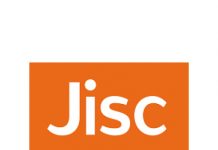Using learning technology is now part of the job for a growing proportion of the higher education workforce, says the Association of Learning Technology’s Maren Deepwell. She argues that recognition for skills in using technology for learning, teaching or assessment is now needed and invites professionals to help develop accreditation of this growing specialism.
Predictions about what the future of technology in education looks like rarely come true. What we know for certain, however, is that an increasing proportion of the workforce, including decision makers, have learning technology as part of their role and require meaningful, flexible recognition that doesn’t become obsolete as soon as a new technology is introduced or a contract changes hands.
As learning technology becomes a bigger part of what institutions do, more and more roles develop a learning technology component and more expertise is needed. The results of ALT’s Annual Survey, for example, highlights a trend for more senior roles with a focus on learning technology as well as an overall increase.
Shifting targets
The results of the TEF are putting the spotlight firmly on how we measure excellence in teaching, and this prompts some compelling questions: “How do you track desirable metrics?” and “How meaningful are these metrics?”
In the context of learning technology, we focus on the related question of how we can use technology intelligently to meet the needs of learners, staff and institutions. As innovations evolve, the targets keep shifting, re-framing expectations of what good practice looks like and what evidence research can provide that it has beneficial impact.
Over the past decade, ALT’s accreditation framework, CMALT, has set out the key areas which are important for the professional development of all Learning Technology professionals.
Based on core competencies in areas that remain relevant regardless of how technology changes, CMALT accreditation presents a pathway to professional recognition and development independent of the tools or technologies currently in use while providing scope to include specialist skills and experience.
CMALT core competencies
- Communication, which includes collaboration and working with others
- Policy and strategy – the wider context in which we work and the forces that shape it
- Operations, focusing on technical implementation, constraints and users
- Teaching, learning and assessment in all contexts.
- In addition, to gain accreditation at least one specialist area needs to be evidenced.
These areas have proved relevant, yet flexible, enabling hundreds of professionals to gain recognition and develop further in their professional roles. Yet as learning technology’s role expands, we also need to expand ways in which recognition is gained and thus we have recently launched a new project called ‘Pathways to CMALT’. This new project will pilot two new CMALT strands, one for early career candidates, and one for candidates in senior and leadership roles.
New strands
Early career CMALT strand will be appropriate to professionals who are seeking to gain an entry level accreditation in learning technology, including postgraduate and early career professionals.
The senior and leadership CMALT strand will be appropriate for professionals with three or more years of experience, whose role involves learning technology and who are seeking to gain an advanced accreditation.
One of the strengths of the CMALT framework is that it is based on peer-assessment and as such, the body of accredited portfolios establishes a robust and continuously developing body of evidence, which helps define standards for professional practice. One of the outcomes of ‘Pathways to CMALT’ will be to build a collection of examples that help benchmark different professional roles and career paths.
Get involved
There are a number of ways to get involved in this important initiative. If you’d like to find out more, take part in one of the new strands being piloted within the CMALT framework, or if you have CMALT resources you would be interested in contributing, please sign up at: http://go.alt.ac.uk/cmalt-pilot-registration.








